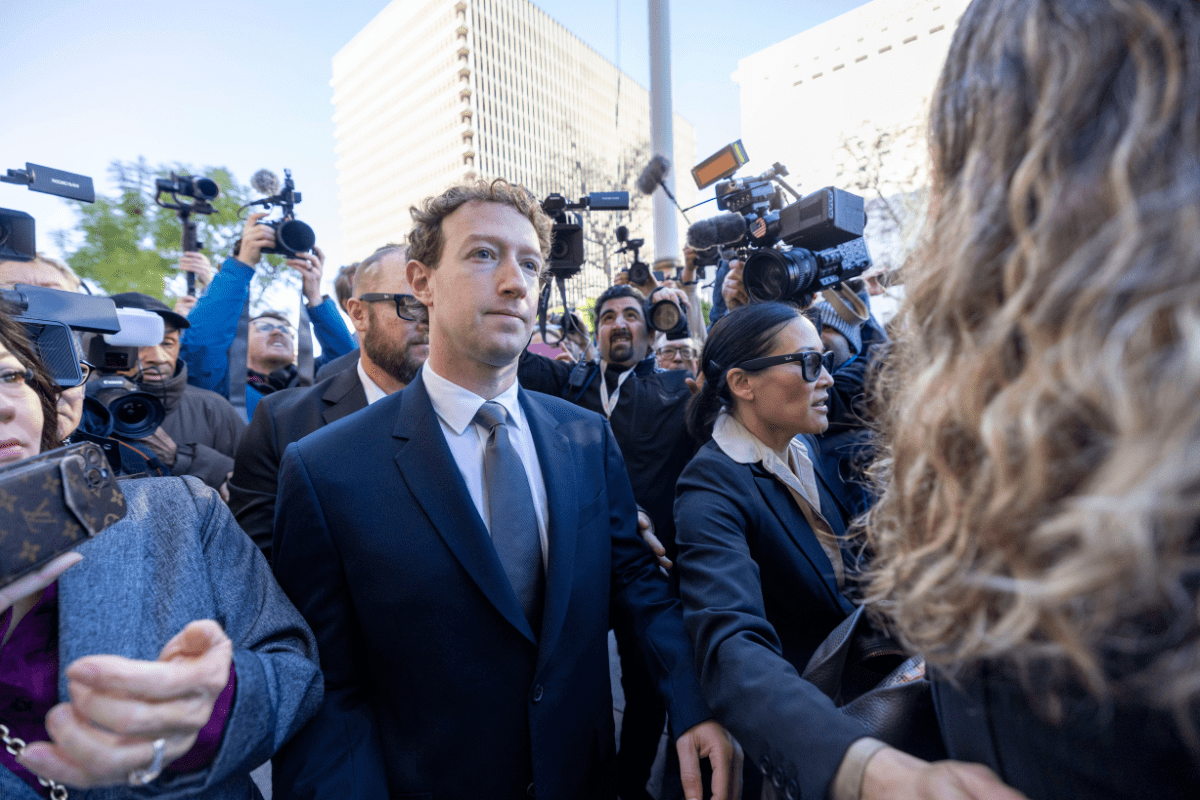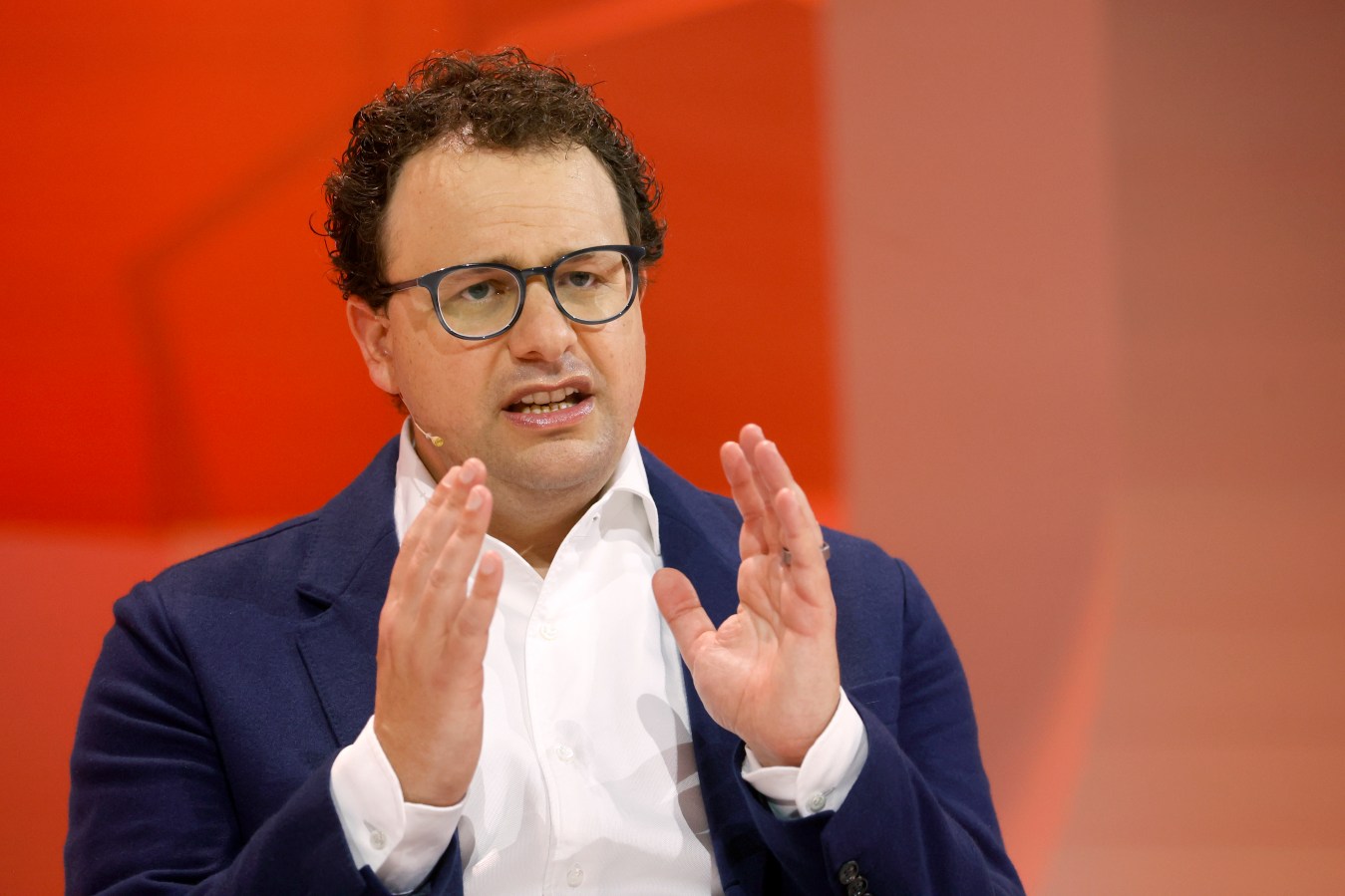
Appetite for data: This husband-and-wife duo just raised $7m to decode the Aussie shopping cart
Exclusive: What started as a recipe planning app became a behavioural insights company that has tripled revenue in 6 months. Here’s how the founders identified and capitalised on the FMCG opportunity.








